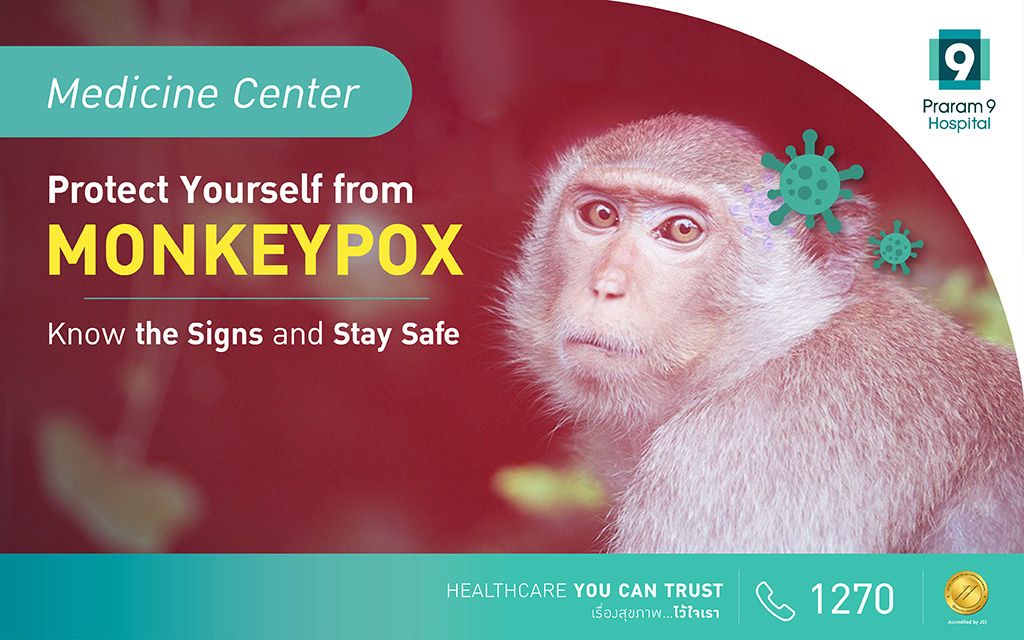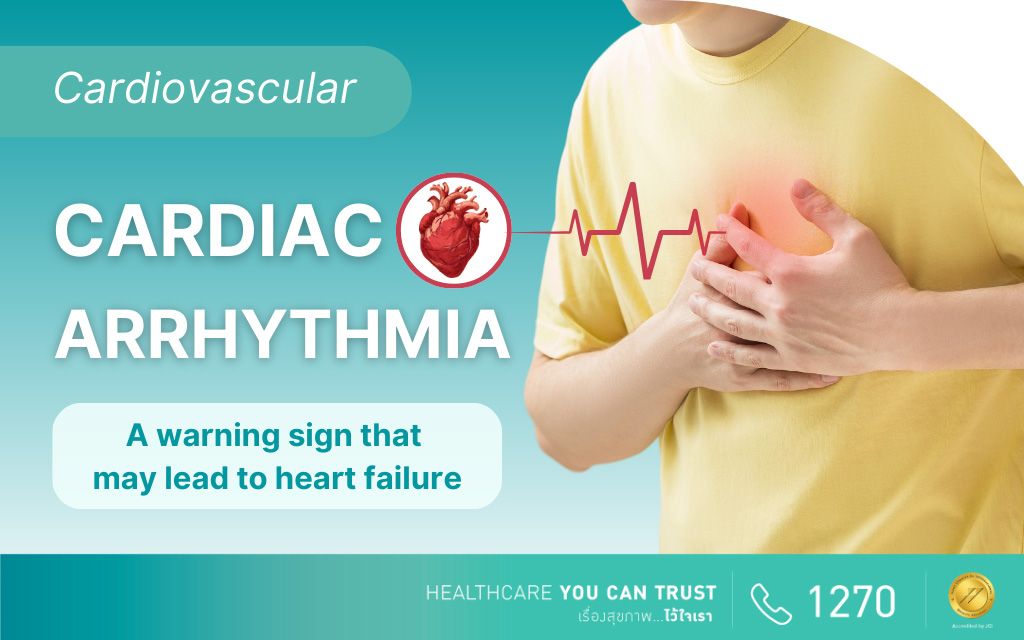Health Articles
Knowledge
How to protect yourself against the new coronavirus

How to protect yourself against the new coronavirus?
During this pendamic of COVID-19, we should protect ourselves through these measures that we are going to address in this articles and by doing so, not only do we decrease our chances of getting the virus, we can help protect others indrectly as well.
Here are several measures you can take to play a part in stoping the spread of the virus:
Wash your hands frequently
Washing you hands with soap and water or an alcohol-based products can kills germs and viruses on your hands. We made contact with object around us all the time, bbit table surfaces, mouse and keyboard, elevator buttons, things in supermarket, etc, therefore we need to keep our hand clean as often as we can. Throughtly wash your hands and fingers by rubbing and scrubing your hands and spaces between your fingers and nails for at least 20 seconds with soap and water or alcohol-based product. Furthermore, avoid touching your face in the T-zone area which is your eyes, nose and mouth.
Maintain social distancing
Social distancing is the practise of keeping a recommended distance between another person in order to avoid breathinng in floating droplets from an infected person. When a person sneezes or cough, they let out small liquid droplets from their mouth or nose which can contain all kind of virus, including COVID-19, and if you are too close to the person, you can breath in these virus-fill droplets. A recommended distance from the world health organization is at least 1 meter (3 feet).
Conduct hyginen practises when coughing or sneezing
One of many easy habits that you can adopt, as well as people around you, is to cover your mouth and nose when you cough or sneeze with your bent elbow or tissue. We do not recommend you to use your hands to cover your mouth as the droplets will stay on your hands and may then transfer to other surfaces and people you touch, unless you wash your hand immediately after every cough and sneezes which is not practical, Therefore, sneezing and coughing into your elbows will at least keep those virus away from transfering. The best is to use tissues and immidiately dispose of it into a closed bin.
If you have difficulty breathing, cough and fever, seekp medical help early
If you are feeling unwell, stay at home and try to recouperate. You should also seek medical care and call in to your hospital in order to be directed to the right health facility. At this time, other type of illnesses are still present which can be confusing to some people as the symptoms can be similar to COVID-19. By seeking medical help, you can be informed and clear of what steps you need to take to recover. At the larger sacle, this process can also help the medical professional to separate the cases which are from COVID-19 and cases that are from other illnesses. Therefore, for your own safety and ease of mind, check in with your medical centre if you are unsure and unwell.
Stay up-to-date and follow advice given by your healthcare providert.
The latest information and developments of COVID-19 can be followed from your healthcare provider. By staying up-to-date and following correct health practices and procedures given by them, you can help them fight COVID-19 by protecting yourself and people around you.














